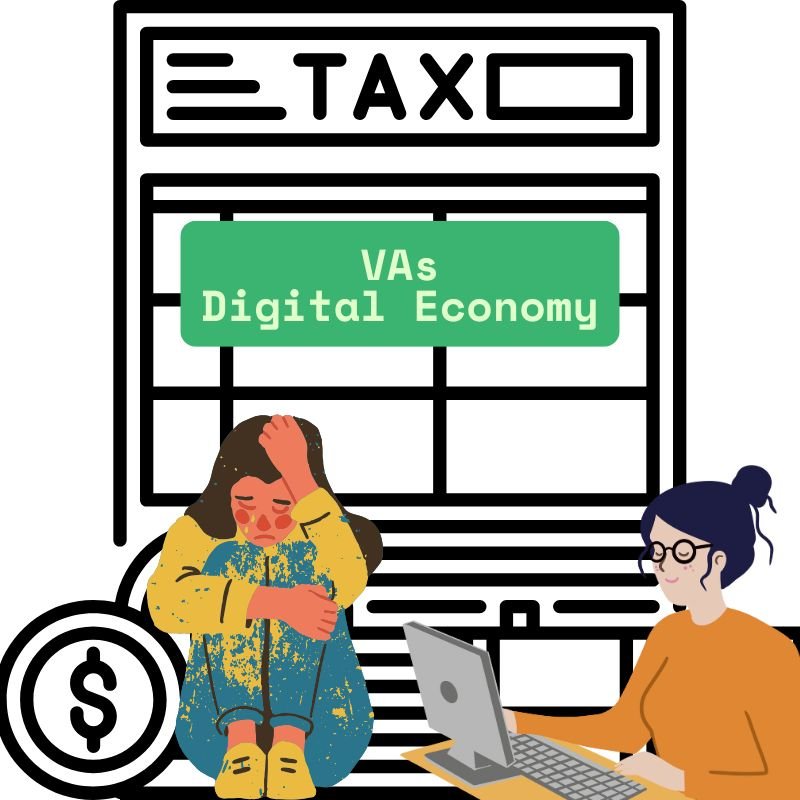NEW POPE LEO XIV On May 8, 2025, the Catholic Church elected its 267th pope:…
As the digital economy continues to flourish in the Philippines, the government has introduced tax regulations aimed at leveling the playing field between traditional and online businesses. If you’re a content creator, freelancer, e-commerce seller, or run a digital platform, it’s essential to understand how these tax laws affect you.
Key Tax Laws Affecting Digital Businesses
1. Digital Service Tax (DST) Proposal
The Department of Finance has been advocating for a digital service tax of 12% VAT on foreign digital service providers like Netflix, Spotify, and Google. While still under deliberation, this proposal aims to ensure foreign platforms contribute taxes similar to local businesses.
2. Bureau of Internal Revenue (BIR) Memorandum Circulars
Circulars such as BIR Revenue Memorandum Circular No. 97-2021 require online sellers and freelancers to register their businesses, issue receipts, and pay corresponding income and percentage or VAT taxes.
3. E-Commerce and Online Platform Responsibilities
Platforms such as Lazada, Shopee, and Facebook Marketplace may be required to withhold taxes or provide transaction data. This ensures better monitoring and compliance among sellers.
Who Is Affected?
Freelancers and influencers earning from content, sponsorships, or digital products.
Online sellers using platforms or social media to conduct business.
Foreign digital companies offering services to Filipinos.
Filipino startups offering SaaS or digital subscriptions.
How to Comply
Register with the BIR as a sole proprietor or corporation.
Secure official receipts or invoices for your services.
File monthly, quarterly, and annual taxes as required.
Track income and expenses diligently, especially if operating across multiple platforms.
Consult a tax professional for complex cases, especially with foreign transactions.
The Road Ahead
Digital taxation in the Philippines is still evolving. The government is balancing revenue collection with fostering innovation and growth in the tech sector. Staying compliant not only avoids penalties but also boosts the credibility of your business.
Conclusion
Whether you’re a digital nomad, online entrepreneur, or run a tech startup, understanding the Philippine government’s tax laws is critical. As the digital economy grows, expect more regulation — and more opportunities — to emerge.
Related Posts
Best Laptop for Virtual Assistant 2024
- vp-jenaii
- September 12, 2024
- 4 min
- 0
Best Laptops for Virtual Assistants in 2024 As the role of virtual assistants becomes increasingly…
No. 1 red flag in Employees
- vp-jenaii
- September 2, 2024
- 3 min
- 0
35-year-old CEO shares the No. 1 red flag he sees in employees: People who aren’t…



